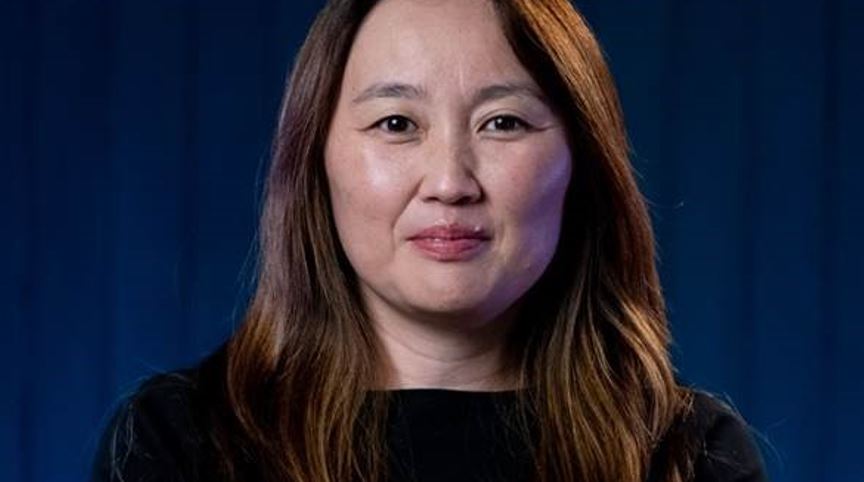 *Per Vanessa Haba
*Per Vanessa Haba
Currently, 33 million Brazilians suffer from Burnout, according to a survey by the International Association for Stress Management. And, within the care list for employees, since January of this year, this syndrome has been considered an occupational disease.
Because it is recognized not only as an emotional exhaustion, but also as a physical exhaustion generated by the work environment to which the employee is part, this disease is no longer just an individual problem, also involving the organization, which has the role of placing priority in this type of agenda and provide support paths to collaborators.
It is important that managers are prepared to identify possible changes in behavior and atypical situations that signal a crisis, and the company's role is to train these managers to carry out this work.
One of the ways to establish this process is to create work environments that encourage continuous communication between employees and their managers, who must be open to demonstrating and recognizing their vulnerabilities, as well as establishing relationships of trust and encouragement of self-care so that it is possible to prevent the employee reaches this level of exhaustion.
It is also important to encourage the balance of personal and professional life in the work models that emerged with the pandemic, such as remote and hybrid. The high workload added to the distance from leadership and connections on a day-to-day basis require new management formats so that this exhaustion does not occur. Another way, and this one already known, is the famous one-to-one meetings, which only happen between manager and team member and, if well conducted, are able to identify problems that are still implicit in the dynamics with the team.
The employee cannot heal himself when it is exactly the workplace that is causing this mental and physical damage. Companies need to take a new look at these issues, more human, which must go beyond the commercial aspect, which is concerned only with the performance of an employee, starting to value the emotions that each one carries within themselves.
*Vanessa Haba is Director of People at Engineering, a global Information Technology company and consultancy specializing in Digital Transformation.
Notice: The opinion presented in this article is the responsibility of its author and not of ABES - Brazilian Association of Software Companies












